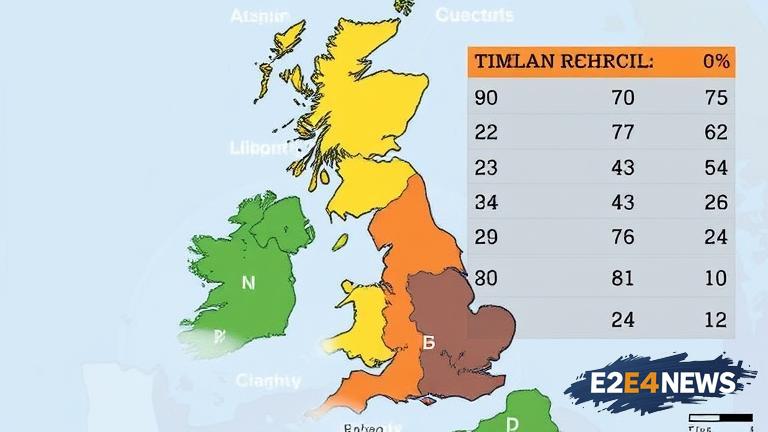The recent ranking of Highland Council among the top 10 most indebted UK local authorities has raised concerns about the council’s financial stability and its ability to deliver essential services to the community. With a debt burden of millions of pounds, the council is facing significant challenges in managing its finances and meeting its obligations. The council’s debt is attributed to various factors, including a decline in government funding, increased demand for services, and a lack of investment in infrastructure. The situation is further complicated by the council’s limited revenue streams and its reliance on borrowing to finance its operations. The ranking has sparked a debate about the sustainability of the council’s financial model and the need for urgent reforms to address the debt crisis. The council’s leadership has acknowledged the challenges and is working to develop a comprehensive plan to reduce the debt and improve its financial management. However, the process is expected to be complex and time-consuming, requiring significant changes to the council’s operations and service delivery. The debt crisis has also raised concerns about the impact on local residents, who may face reduced services, increased taxes, or both. The situation is not unique to Highland Council, as many other UK local authorities are facing similar challenges. The UK government has been criticized for its handling of local authority finances, with some arguing that the funding model is unsustainable and in need of reform. The debt crisis has also highlighted the need for greater transparency and accountability in local authority finances, with some calling for more robust auditing and reporting requirements. In response to the crisis, the council is exploring new revenue streams, including investments in renewable energy and tourism. The council is also working to improve its financial management, including the implementation of new accounting systems and the development of a comprehensive financial plan. Despite the challenges, the council remains committed to delivering high-quality services to the community and is working to identify areas for cost savings and efficiency improvements. The situation is being closely monitored by local residents, who are eager to see the council take decisive action to address the debt crisis. The council’s leadership has acknowledged the need for urgent action and is working to develop a plan that will restore the council’s financial stability and ensure the long-term sustainability of its services. The plan is expected to involve a combination of cost savings, revenue increases, and debt reduction measures. The council is also exploring opportunities for collaboration with other local authorities and public sector organizations to share best practices and reduce costs. The debt crisis has also highlighted the need for greater investment in infrastructure, including transportation, housing, and community facilities. The council is working to develop a comprehensive infrastructure plan that will support the local economy and improve the quality of life for residents. The plan is expected to involve significant investment in renewable energy, digital infrastructure, and community facilities. The council’s leadership is committed to engaging with local residents and stakeholders to ensure that the plan reflects the needs and priorities of the community. The situation is complex and challenging, but the council is working to develop a comprehensive plan that will address the debt crisis and ensure the long-term sustainability of its services.
